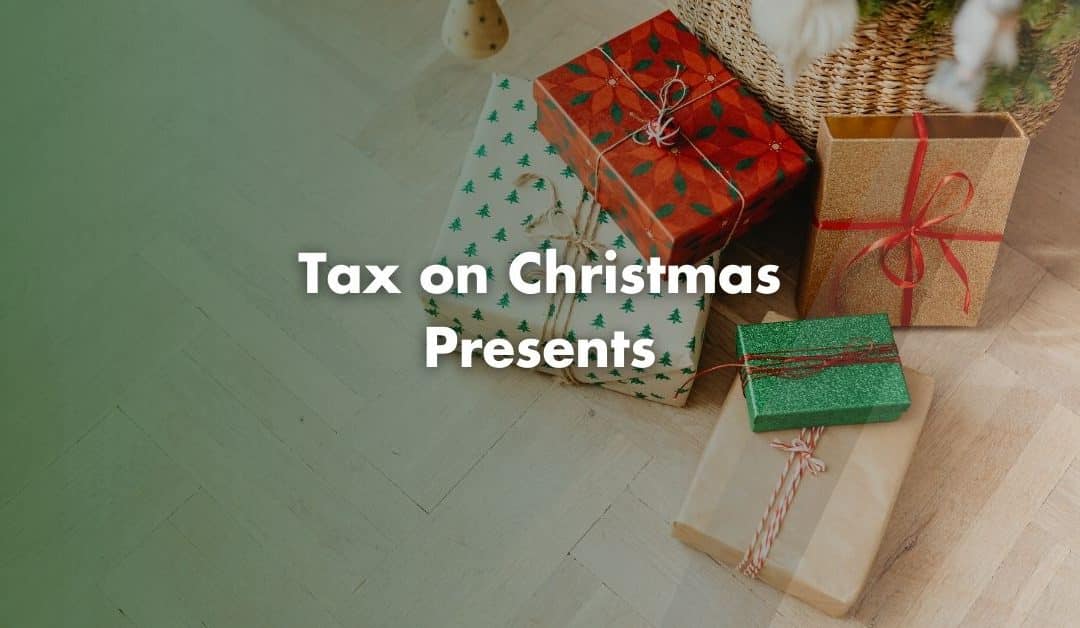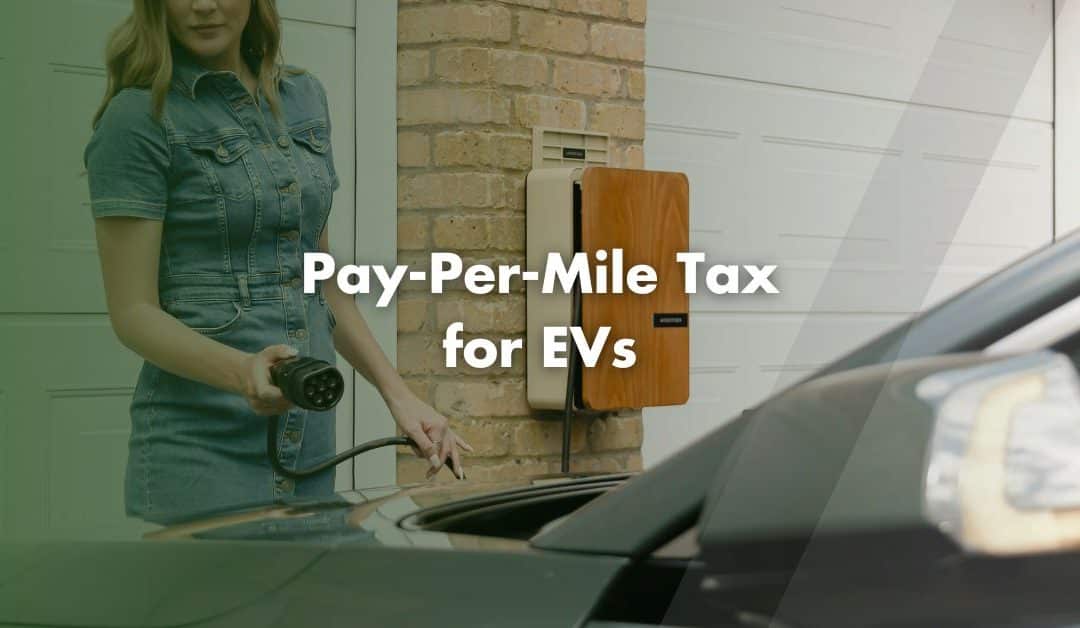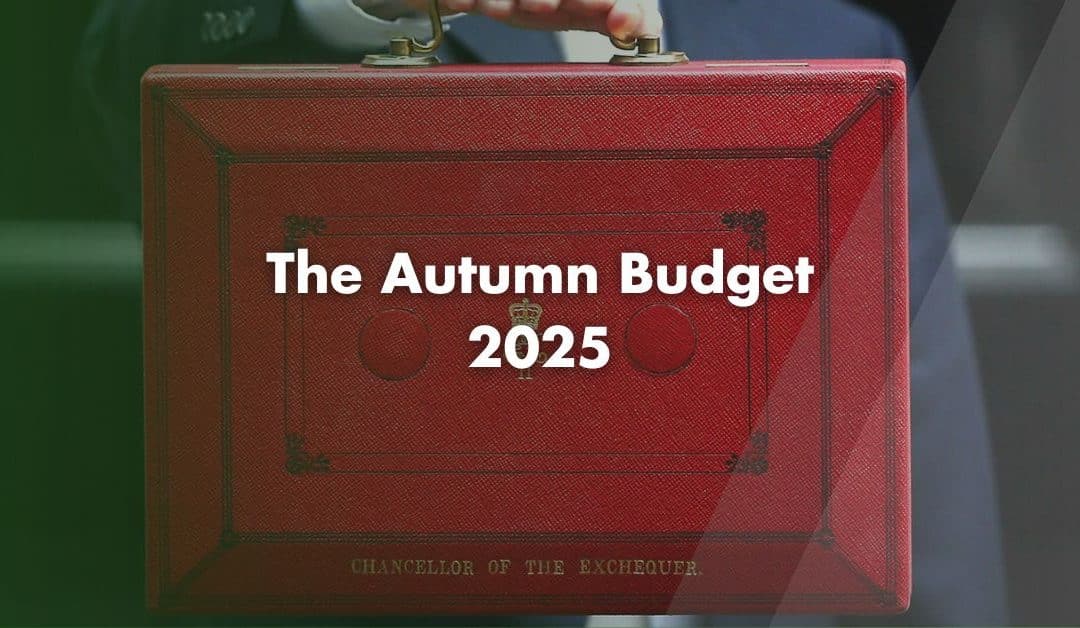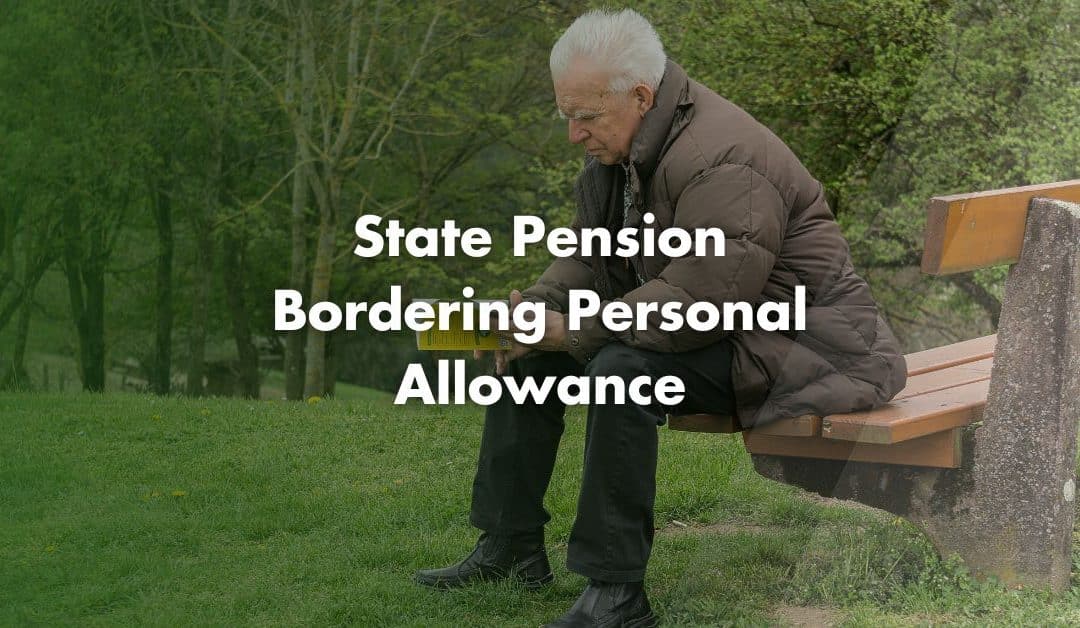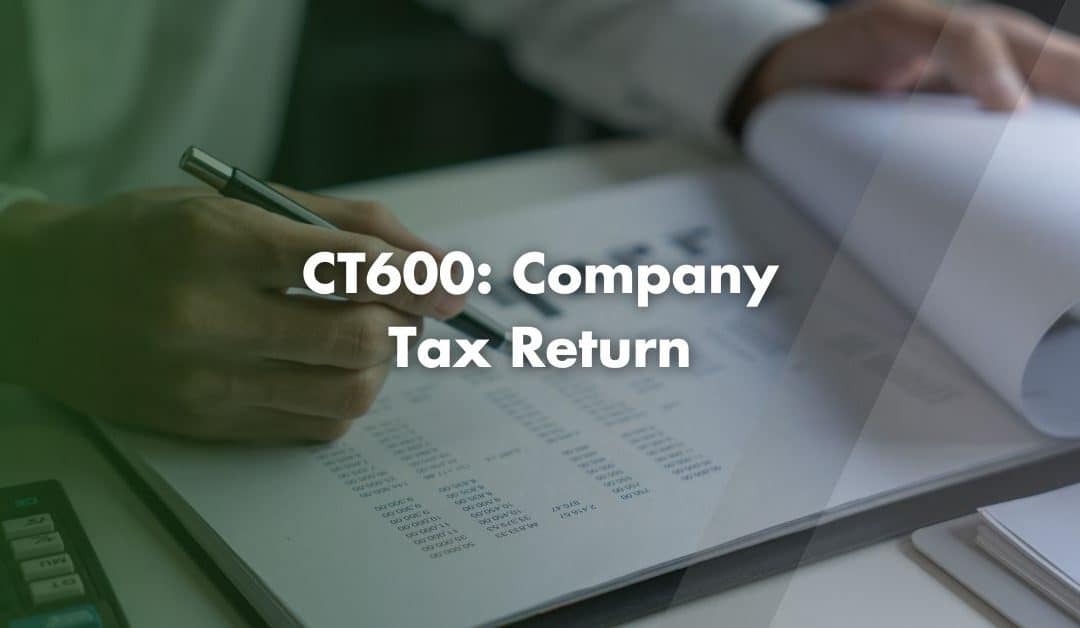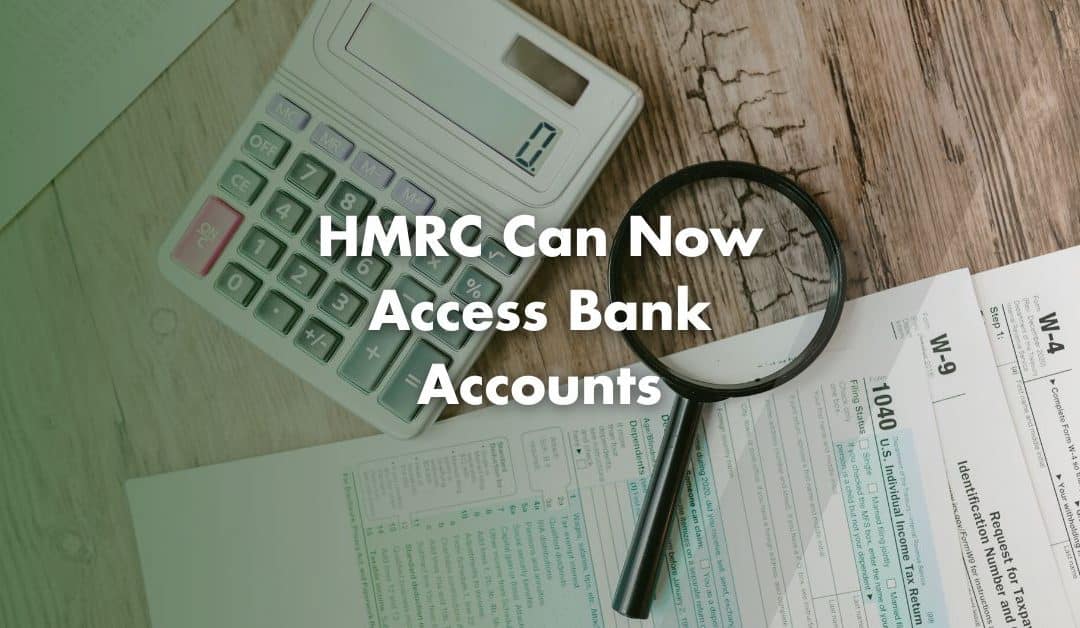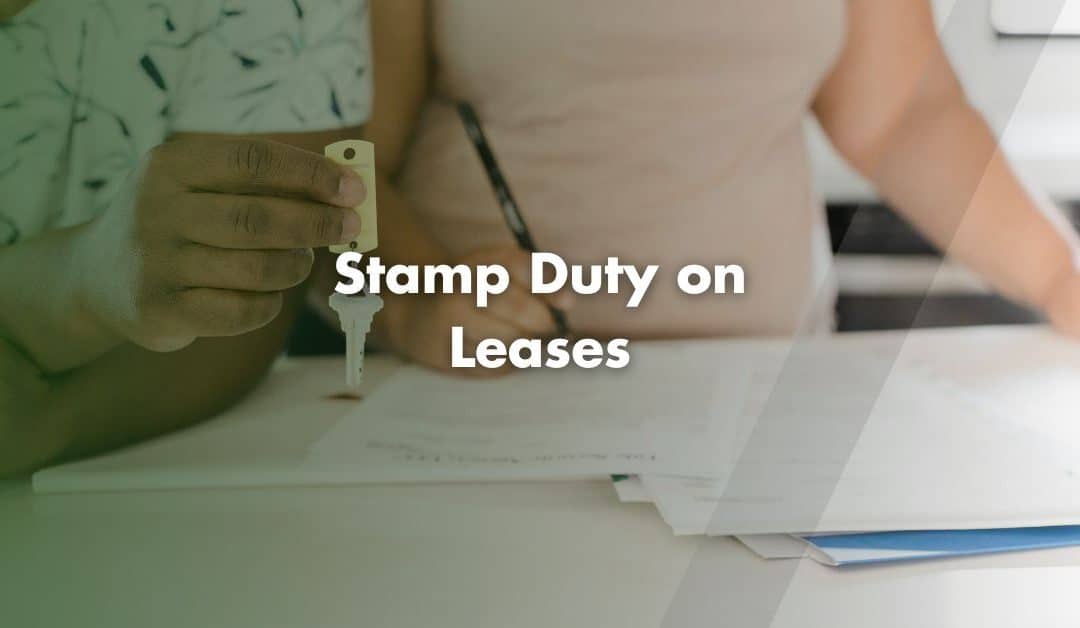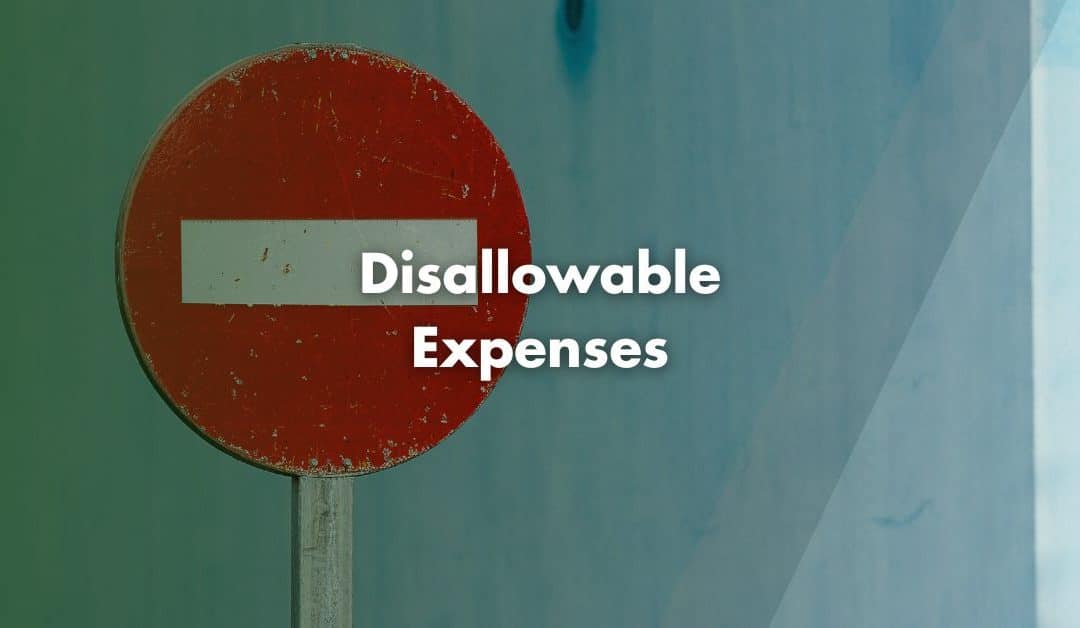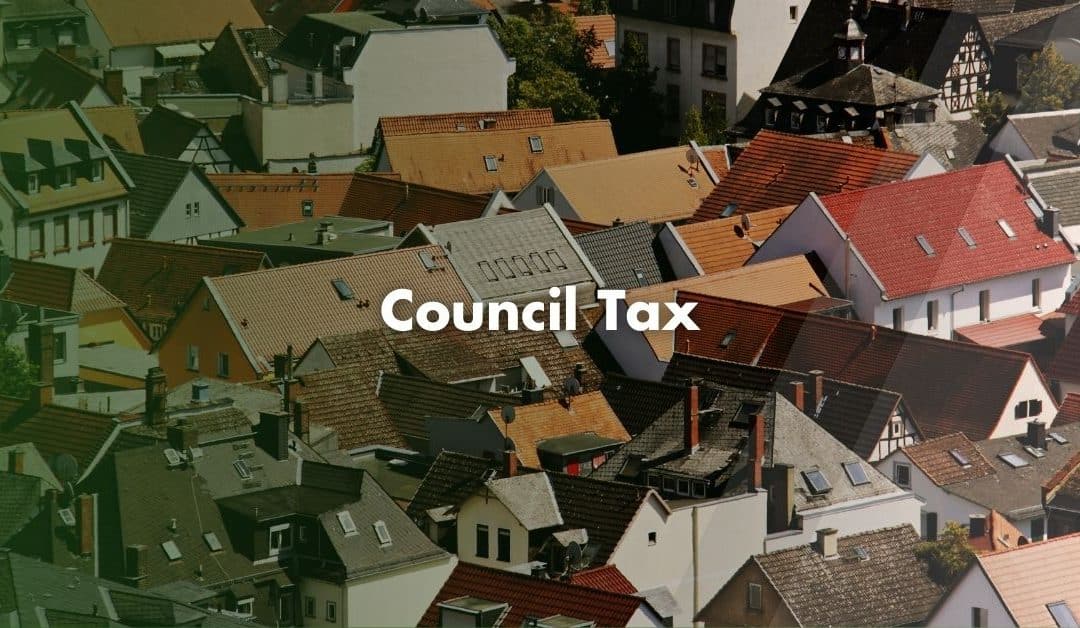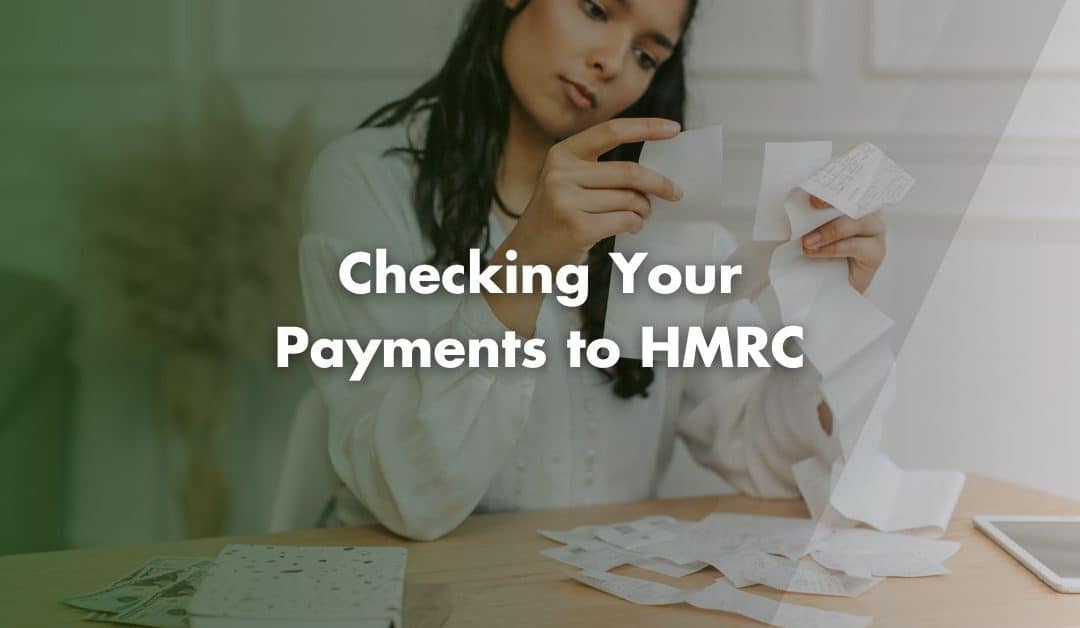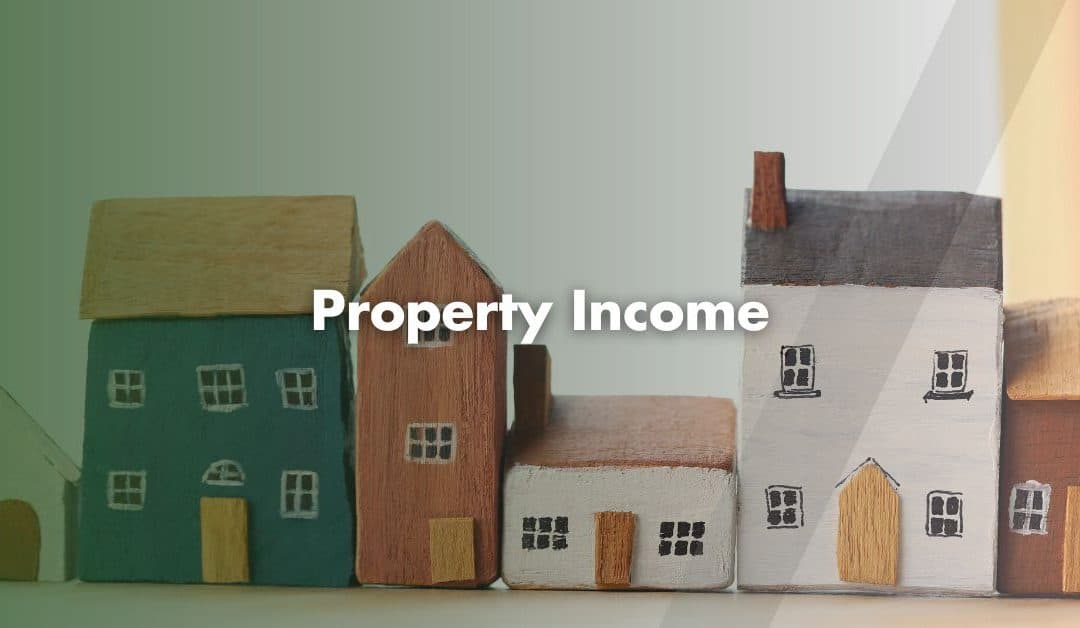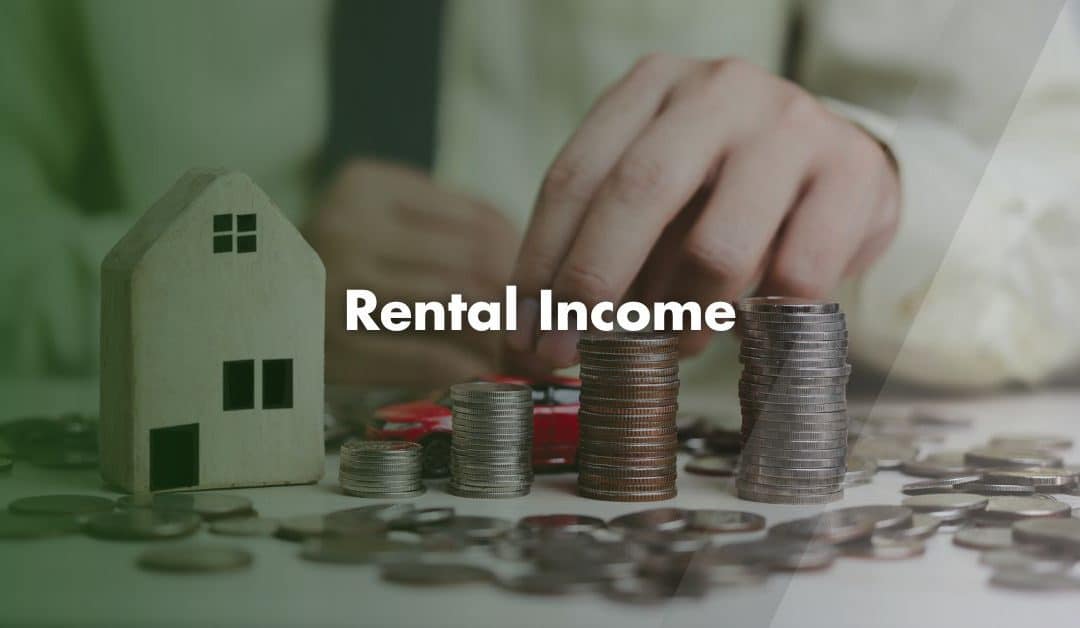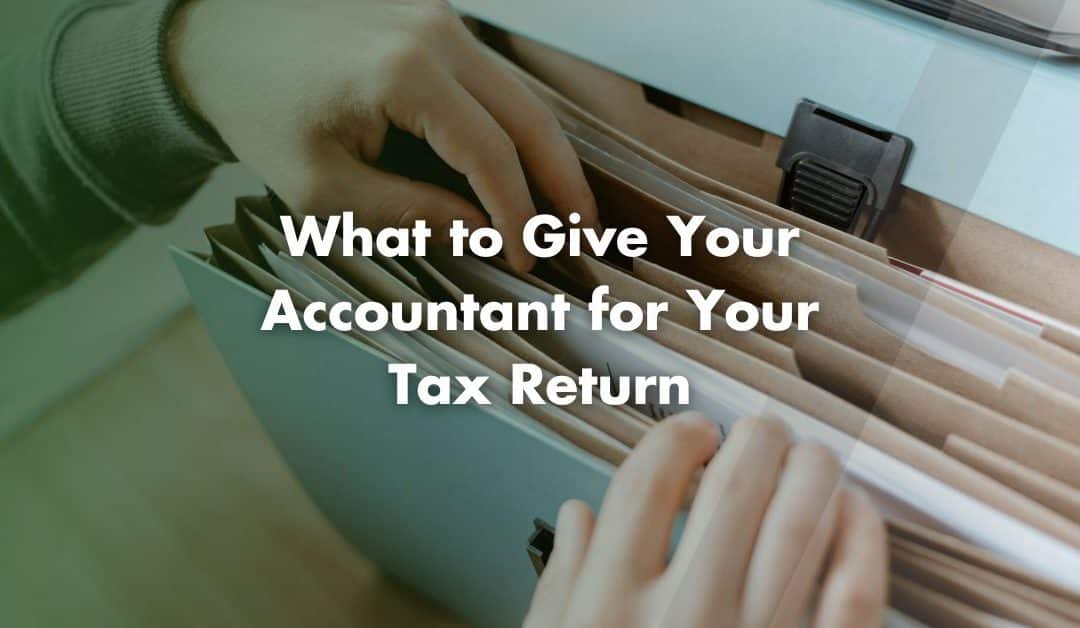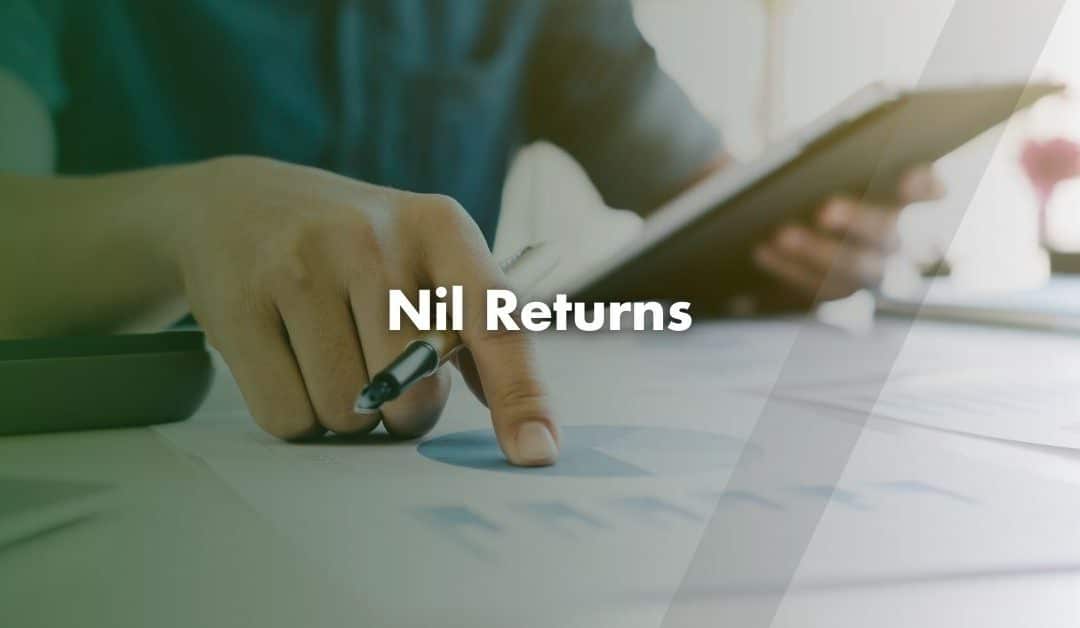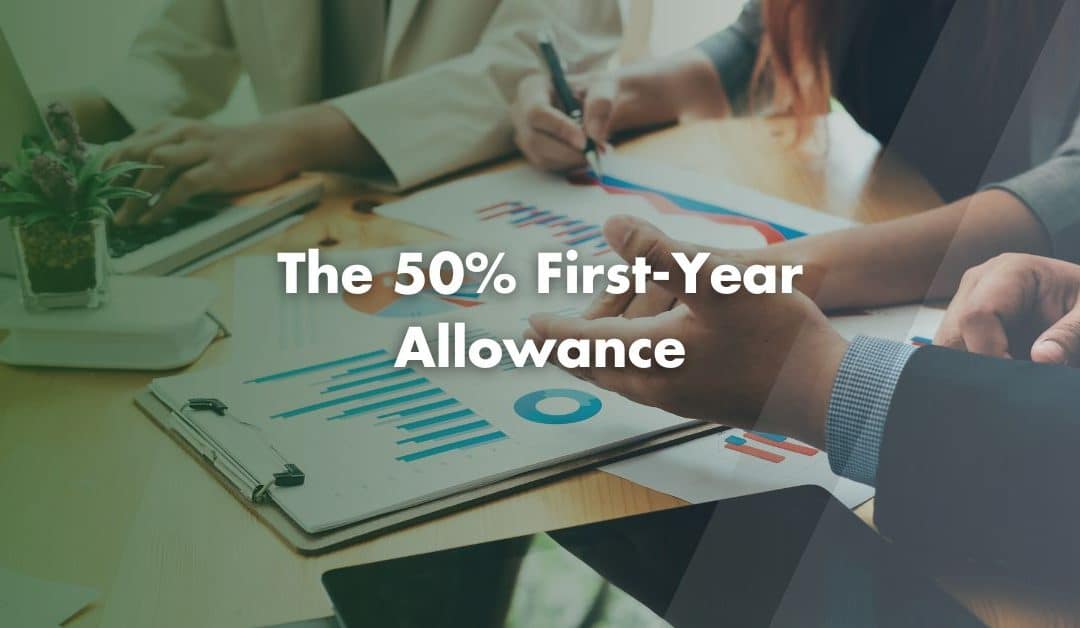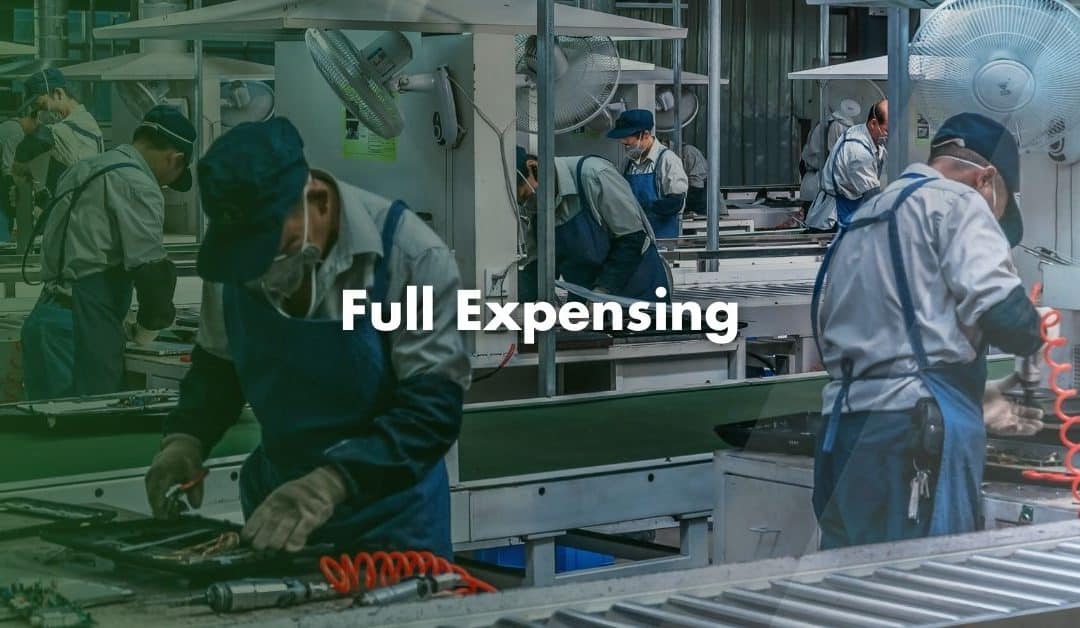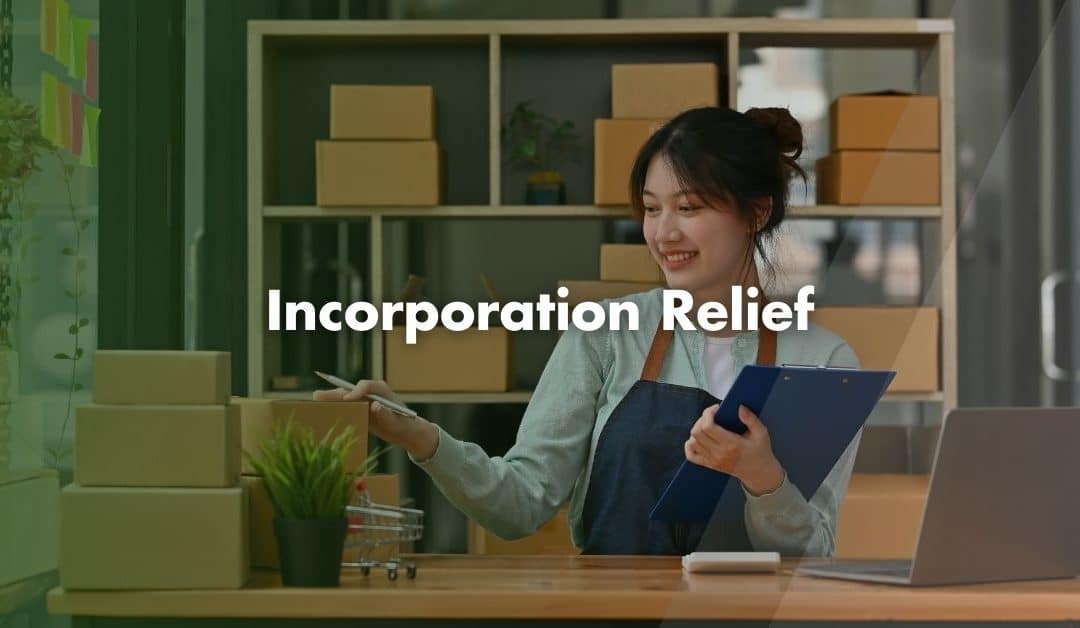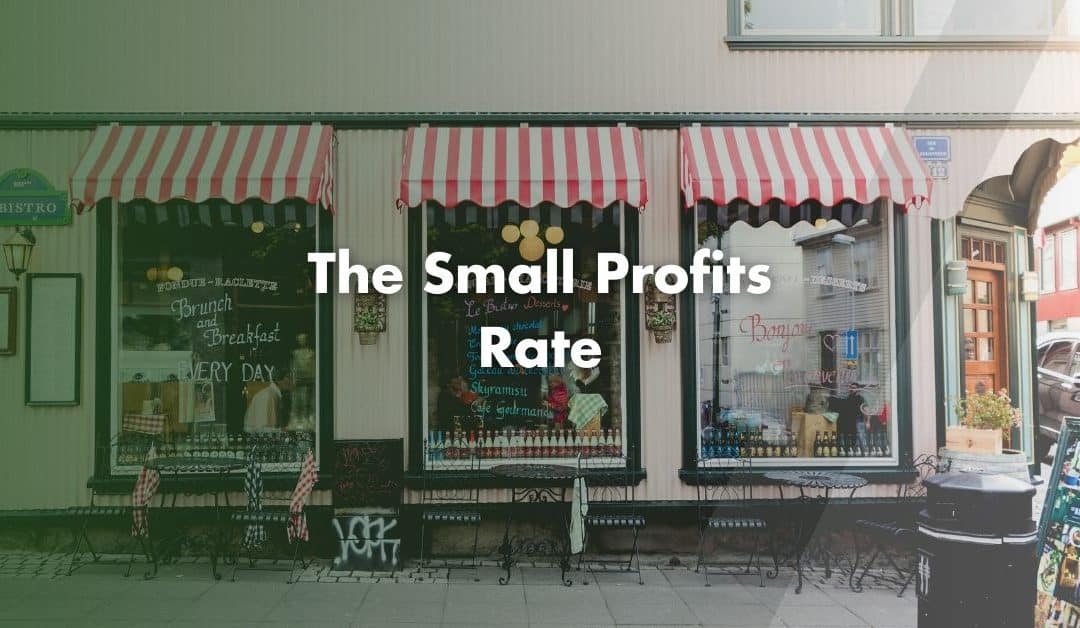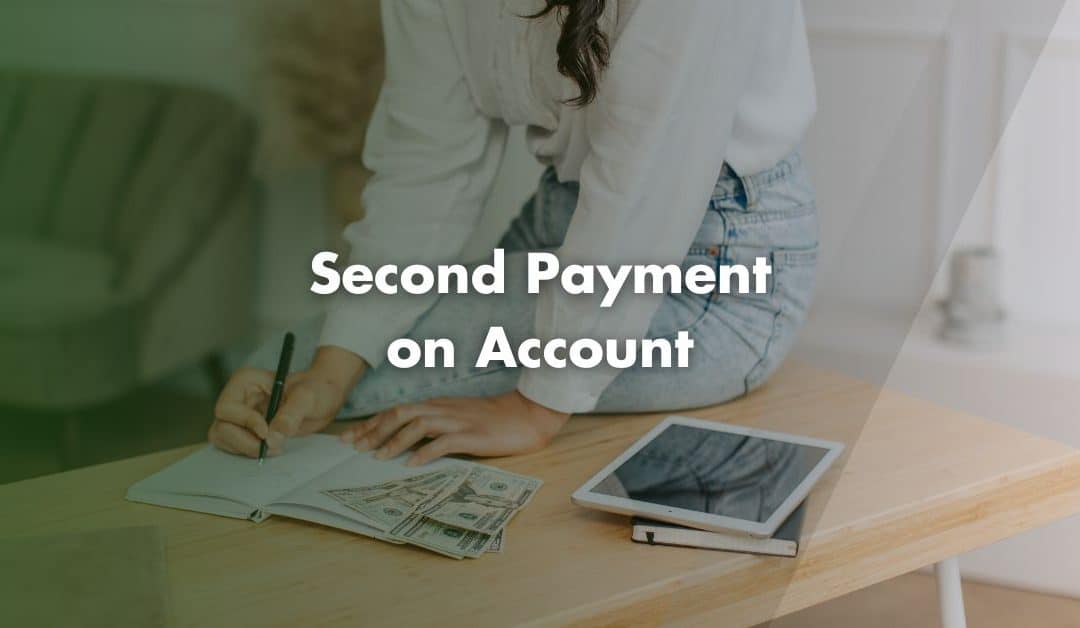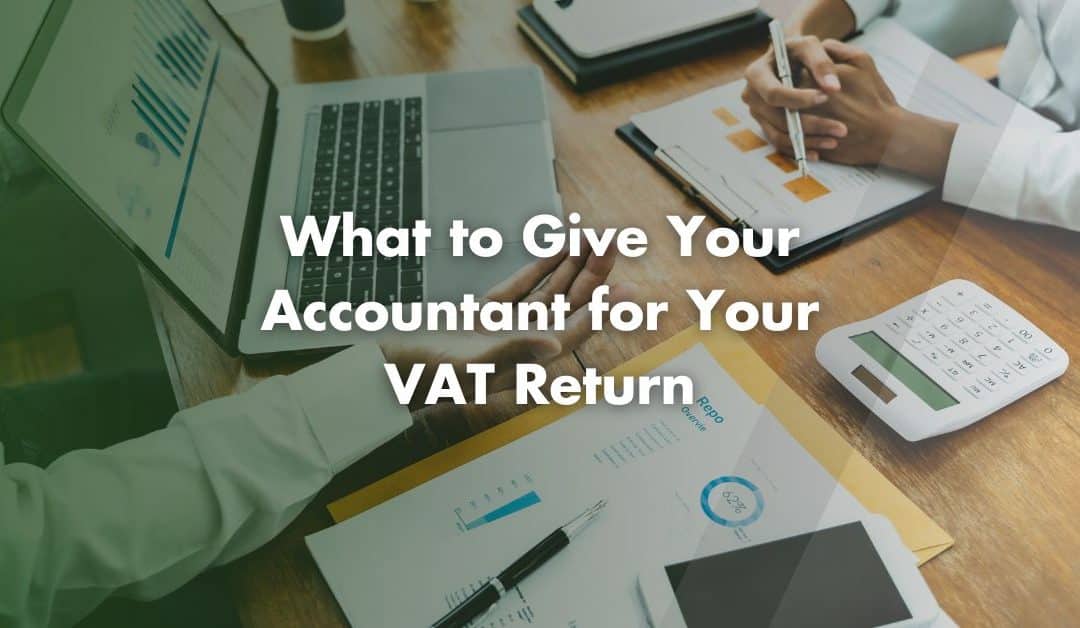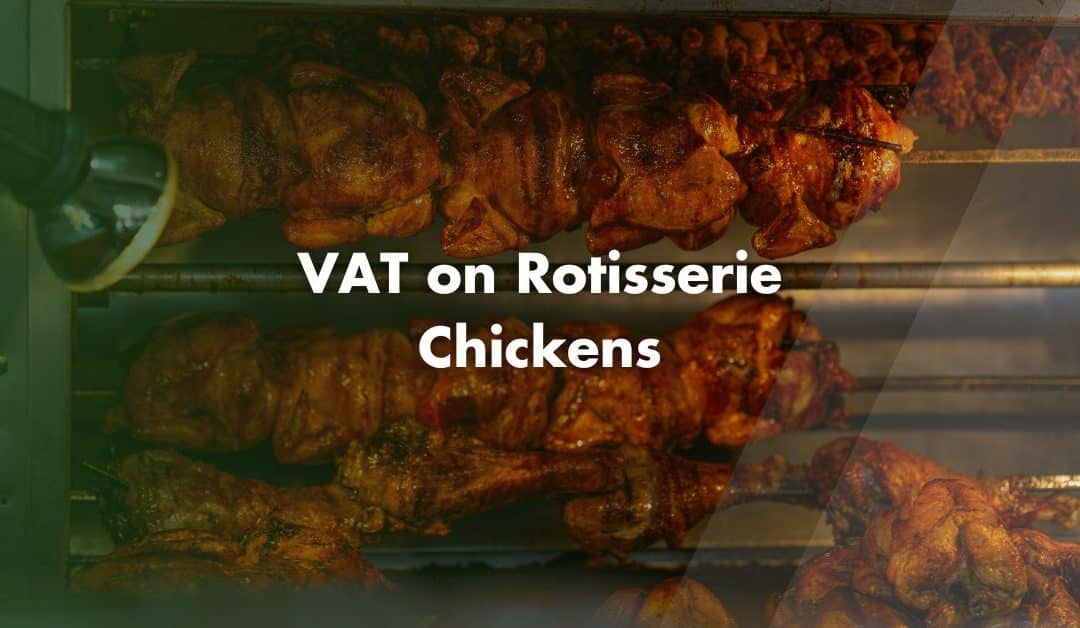
by Pi Accountancy | Dec 19, 2025 | Advisory and Resources, Business, HMRC, Regulations and Schemes, VAT
VAT on hot food often causes confusion for businesses and customers alike. One of the most high-profile and closely watched VAT disputes involved Morrisons and its rotisserie chickens. After a lengthy legal battle, the First-Tier Tax Tribunal have ruled against...

by Pi Accountancy | Dec 16, 2025 | Advisory and Resources, Business, Regulations and Schemes, Taxes
Many people exchange Christmas presents without ever worrying about tax. Gifts between friends and family are usually not subject to Income Tax, but large lifetime gifts can have Inheritance Tax implications for the giver. However, when gifts relate to work or...

by Pi Accountancy | Dec 9, 2025 | Advisory and Resources, Payroll and Employment, Taxes, The Budget
If you run a business in the UK, you may already be familiar with the Apprenticeship Levy. This tax has funded apprenticeship training since 2017. However, following the November 2025 Autumn Budget, the government has confirmed that the new Growth and Skills Levy will...

by Pi Accountancy | Dec 2, 2025 | Advisory and Resources, Taxes, The Budget
The UK Government is preparing to introduce a new pay-per-mile tax for Electric Vehicle (EV) and Plug-In Hybrid drivers, confirmed in the Autumn Budget 2025. For years, these drivers have benefitted from incentives meant to encourage them to switch from petrol and...

by Pi Accountancy | Nov 26, 2025 | Advisory and Resources, Regulations and Schemes, Taxes, The Budget
The November Budget 2025 has arrived. The unexpected and accidental early publication caused a buzz in Westminster and gave the public an early look at the government’s plans. The 2025 Budget introduces major tax changes, new support measures and several important...

by Pi Accountancy | Oct 29, 2025 | Advisory and Resources, HMRC, Taxes
Dealing with HMRC can often feel like navigating a maze. Fortunately, you do not need to manage everything on your own. You can authorise an agent or someone you trust to act on your behalf. This allows them to handle your tax affairs directly with HMRC while you stay...

by Pi Accountancy | Oct 23, 2025 | Advisory and Resources, Taxes
The State Pension is set to increase again in April 2026, offering millions of retirees a helpful boost. For many older people, this annual rise is essential for keeping up with rising living costs. However, because the Personal Allowance remains frozen, more...

by Pi Accountancy | Oct 21, 2025 | HMRC, Taxes
The Personal Tax Account has changed the way taxpayers handle their tax affairs. Since its launch in December 2015, millions of people have used this online service to manage their taxes. What is a Personal Tax Account? Before the introduction of digital tax services,...

by Pi Accountancy | Oct 1, 2025 | Advisory and Resources, Business, Corporation Tax, Regulations and Schemes, Taxes
Running a limited company comes with responsibilities and one of them is filing your Company Tax Return. You do this using the CT600. Knowing what this form is and how to submit it correctly can save you time and money. What is the CT600? The CT600 is the official...

by Pi Accountancy | Sep 30, 2025 | HMRC, Taxes
HMRC has relaunched a scheme that allows it to access take unpaid taxes directly from people’s bank accounts. If you owe at least £1,000 and ignore repeated reminders, HMRC can now instruct your bank or building society to release the funds. This includes money...

by Pi Accountancy | Sep 25, 2025 | Advisory and Resources, Property Landlords, SDLT
Stamp Duty Land Tax is a tax you may need to pay when taking on leases in the UK. It can be a major expense, particularly for longer commercial leases or higher-value properties. What Stamp Duty Covers Stamp Duty applies to two elements of a lease: The Premium (the...

by Pi Accountancy | Sep 18, 2025 | Advisory and Resources, Taxes
Disallowable Expenses are a common source of confusion, but the rules are straightforward once you understand the basic principle. If a cost is not “Wholly and Exclusively” for business use, you cannot claim it. Claiming the wrong expenses can quickly lead...

by Pi Accountancy | Sep 16, 2025 | Property Landlords, Taxes
Council Tax is a local tax on residential properties throughout England, Scotland and Wales. It helps councils fund a wide range of essential services, such as: Rubbish collection Street lighting Recycling services Road maintenance Local schools Libraries Public parks...

by Pi Accountancy | Sep 9, 2025 | Advisory and Resources, HMRC, Taxes
When sending large sums of money to HMRC, many taxpayers only feel at ease once they confirm their payment has cleared. The good news is that checking whether HMRC has received your payment is simple. Who Needs to Pay Tax to HMRC? Not everyone needs to pay HMRC...

by Pi Accountancy | Sep 4, 2025 | Property Landlords, Taxes
Renting out property can be a fantastic way to earn extra income. To make the most of your rental income and avoid any unexpected tax bills, you need to understand how Property Income works. What is Property Income? Property Income is the money you earn from land or...

by Pi Accountancy | Sep 3, 2025 | Property Landlords, Taxes
Renting out property is a popular way to earn extra income. Whether you are letting a single flat, a family home or managing a portfolio of properties, you must understand the rules around rental income and taxation. What is Rental Income? Rental income includes more...

by Pi Accountancy | Aug 21, 2025 | Advisory and Resources, Self Assessment
We understand that filing a Self Assessment can feel daunting. However, if you have an accountant, providing them with accurate information can make the completion of your tax return much easier and less stressful. Additionally, giving your accountant the information...

by Pi Accountancy | Aug 20, 2025 | Frequently Asked Questions, VAT
If you are VAT-registered in the UK, you must submit a VAT Return every quarter. This rule applies whether or not your business has traded during that period. When you have no VAT to report, you must file a “Nil Return”, also known as a Zero VAT Return....

by Pi Accountancy | Aug 13, 2025 | Allowances, Corporation Tax, Taxes
The 50% First-Year Allowance is a tax relief which should encourage business to invest in new assets. It allows them to deduct 50% of the cost of eligible Capital Expenditure in the year they purchase it. This immediate reduction can reduce your Corporation Tax bill...

by Pi Accountancy | Aug 12, 2025 | Corporation Tax, Regulations and Schemes, Taxes
Full Expensing is a tax relief which should encourage businesses to invest in their own growth. It allows them to claim the entire cost of qualifying Plant and Machinery in the year they purchase it. This immediate deduction reduces your taxable profits and frees up...

by Pi Accountancy | Jul 22, 2025 | Frequently Asked Questions, Taxes
Incorporation Relief is a valuable tax break that allows business owners to delay paying Capital Gains Tax when they transfer their business into a limited company. Rather than facing an immediate tax bill on the capital gain made at the time of transfer, the tax...

by Pi Accountancy | Jul 10, 2025 | Corporation Tax
In April 2023, the UK Government introduced a tiered system for Corporation Tax, making it more flexible and supportive for businesses at different stages of growth. This also brought the reintroduction of the Small Profits Rate, which reduces the tax rate...

by Pi Accountancy | Jul 9, 2025 | HMRC, Self Assessment, Taxes
If you are self-employed or submit a Self Assessment tax return, you should be familiar with Payments on Account. These advance payments help spread the cost of your tax bill across the year, preventing one large lump sum. The Second Payment on Account is fast...

by Pi Accountancy | May 29, 2025 | VAT
Submitting a VAT return can be overwhelming, especially if you are unsure what information to give to your accountant. Getting it right means that your return is accurate and compliant with HMRC regulations. What to Give Your Accountant for a VAT Return The documents...


